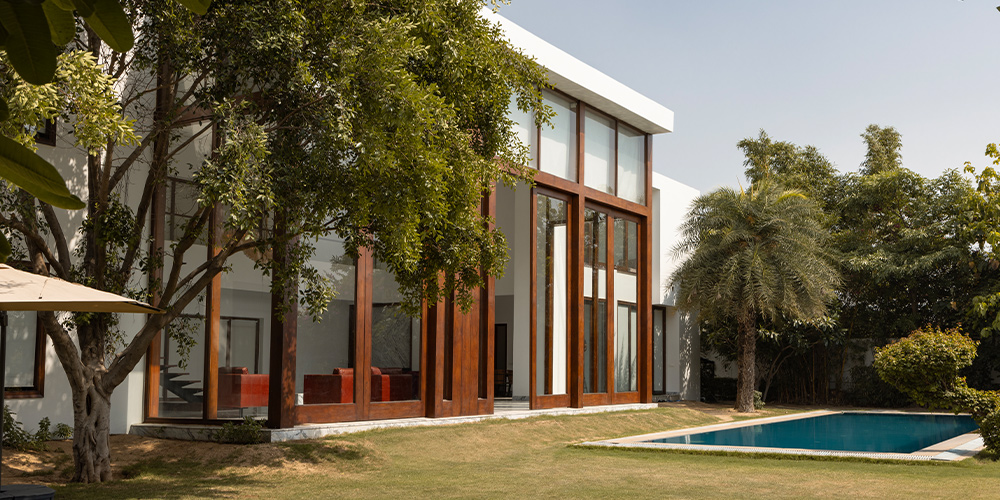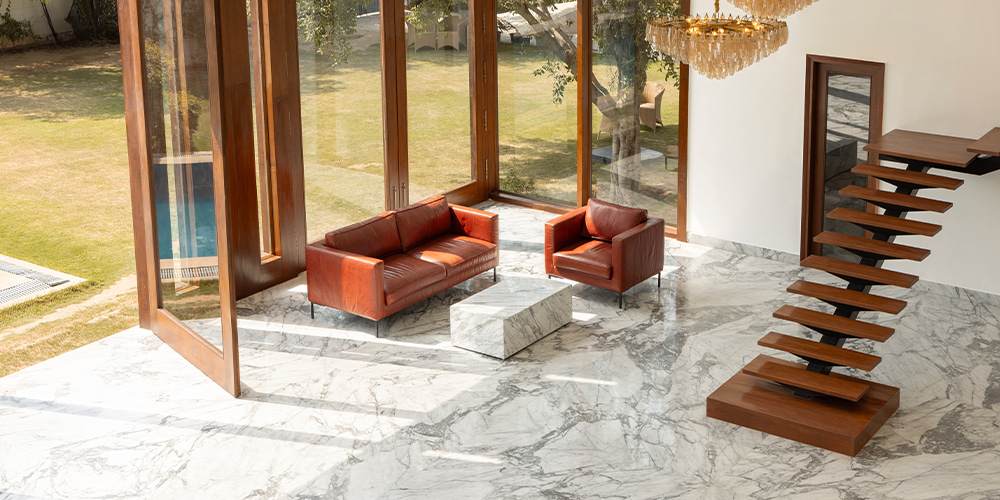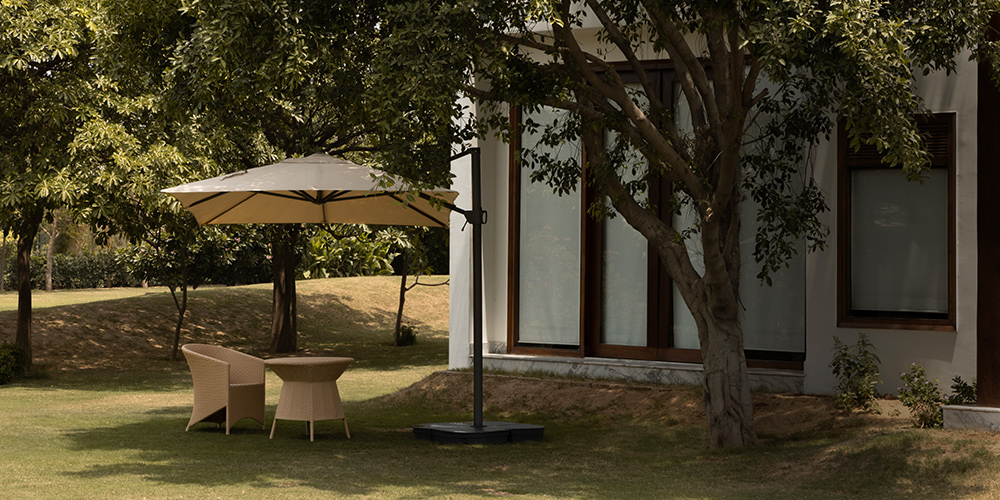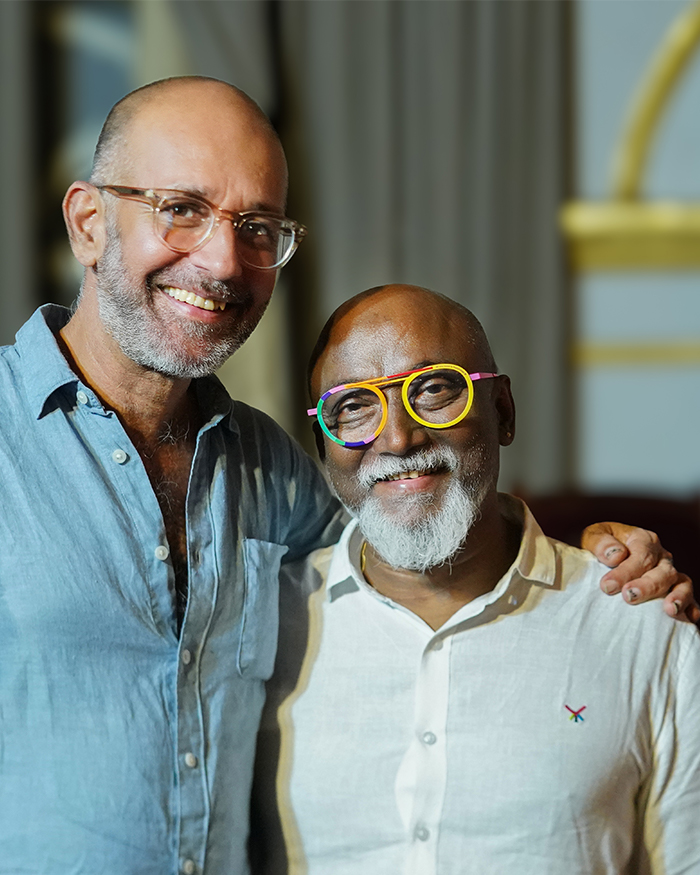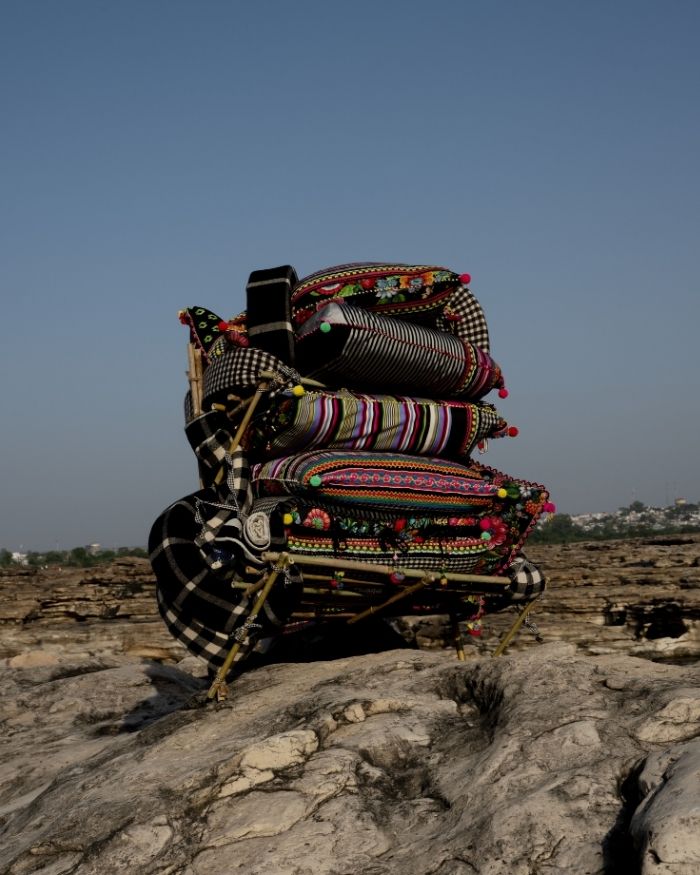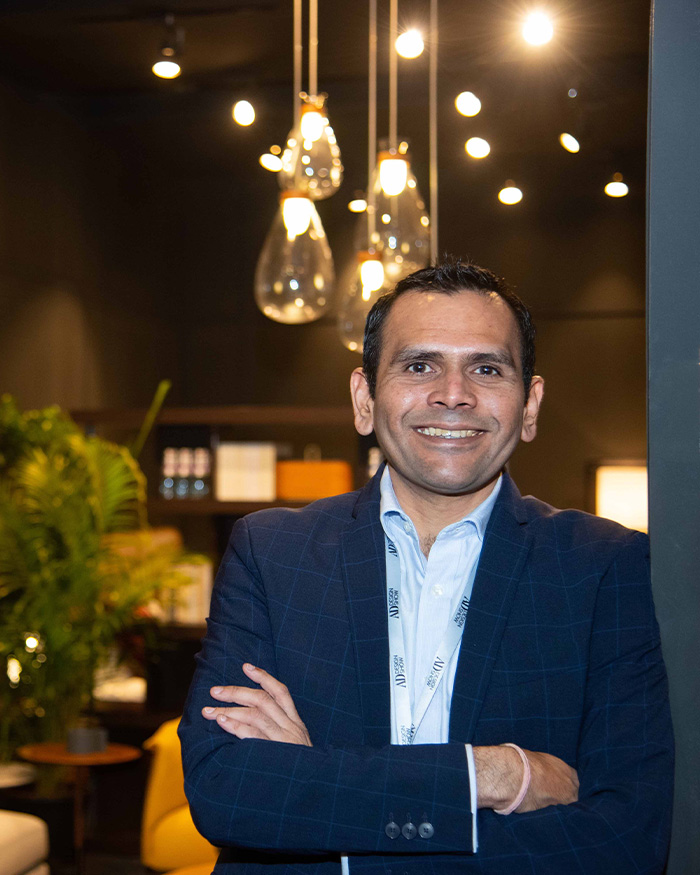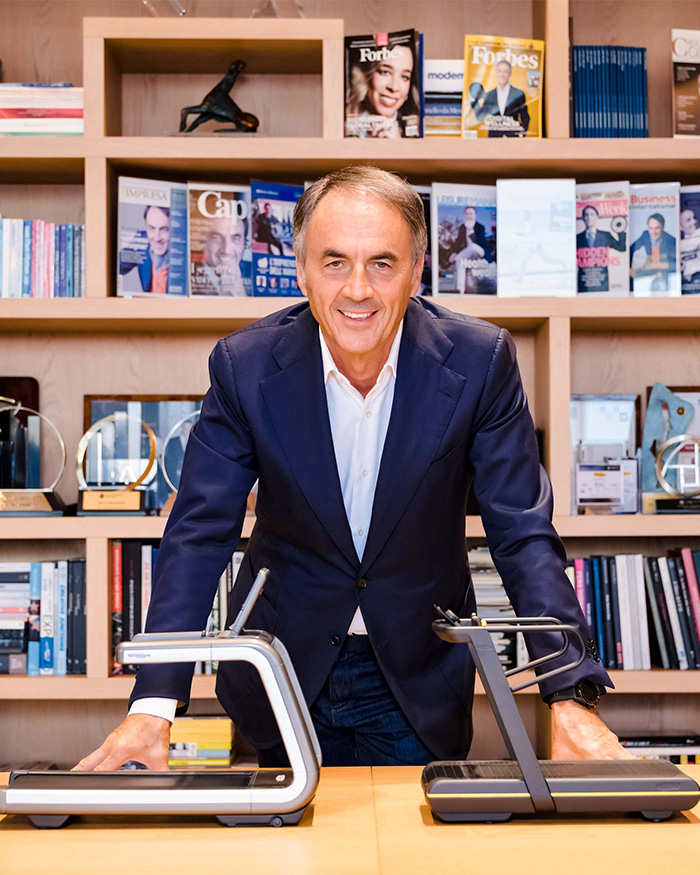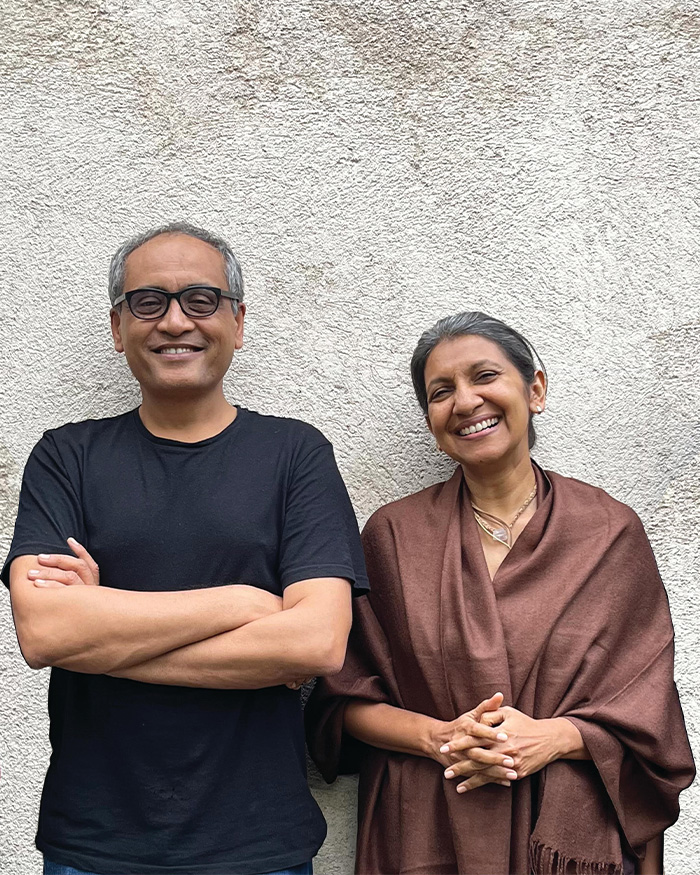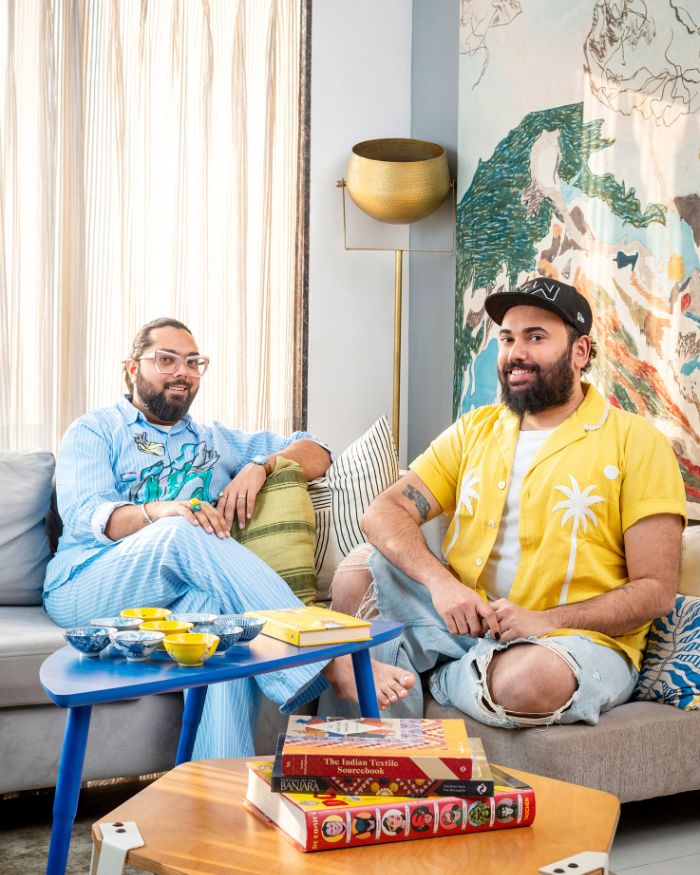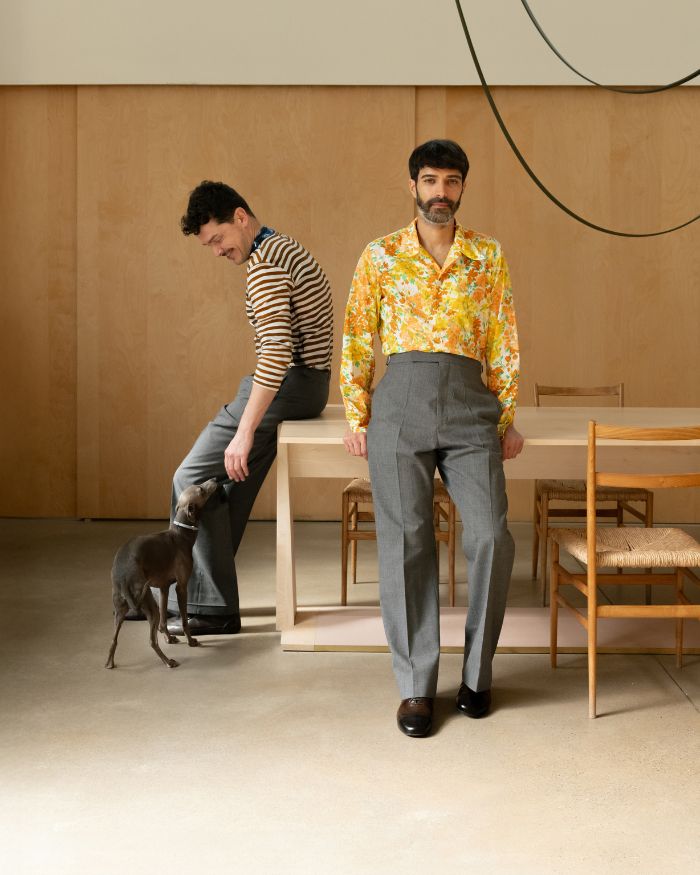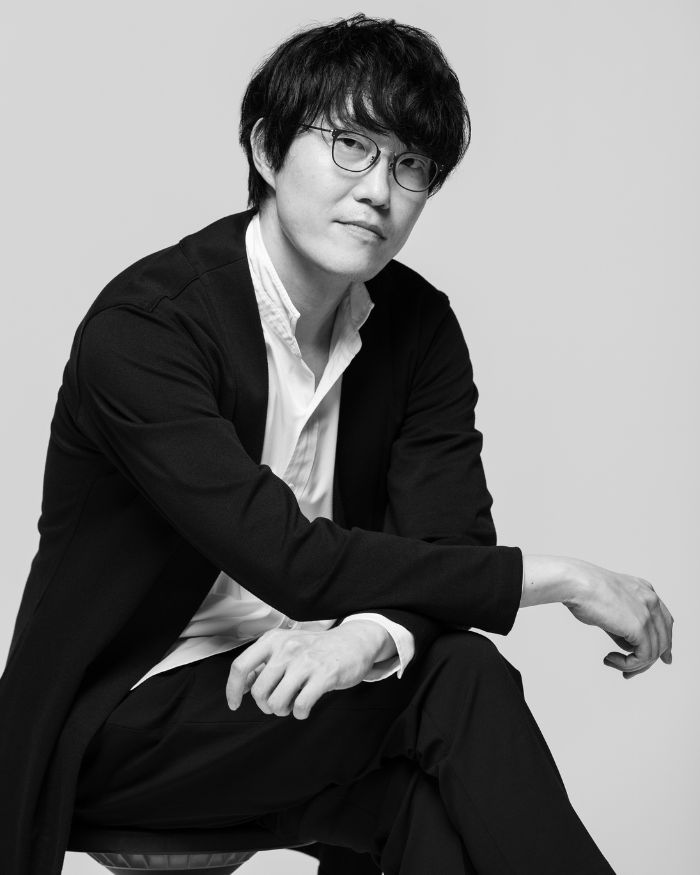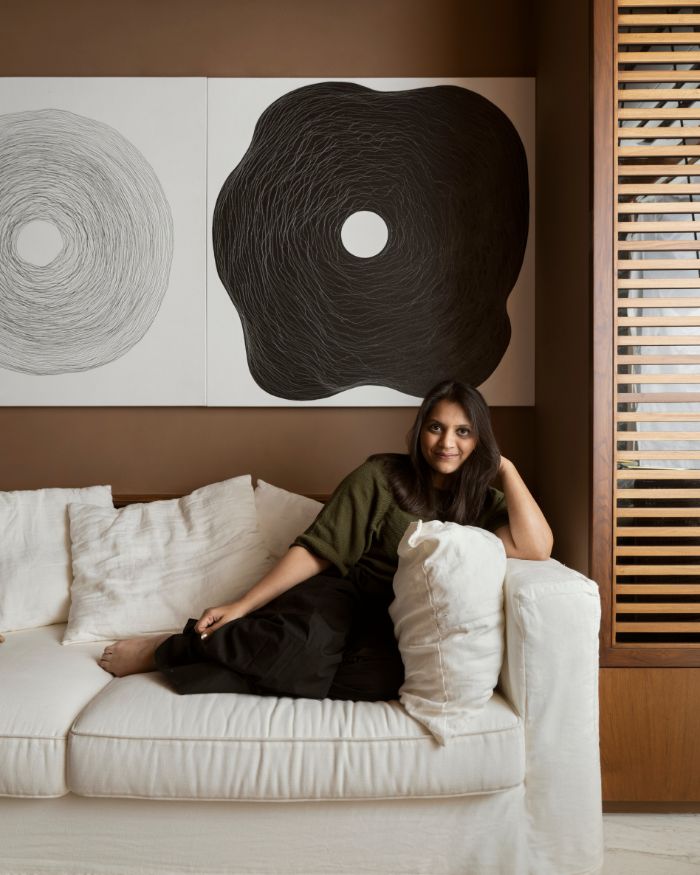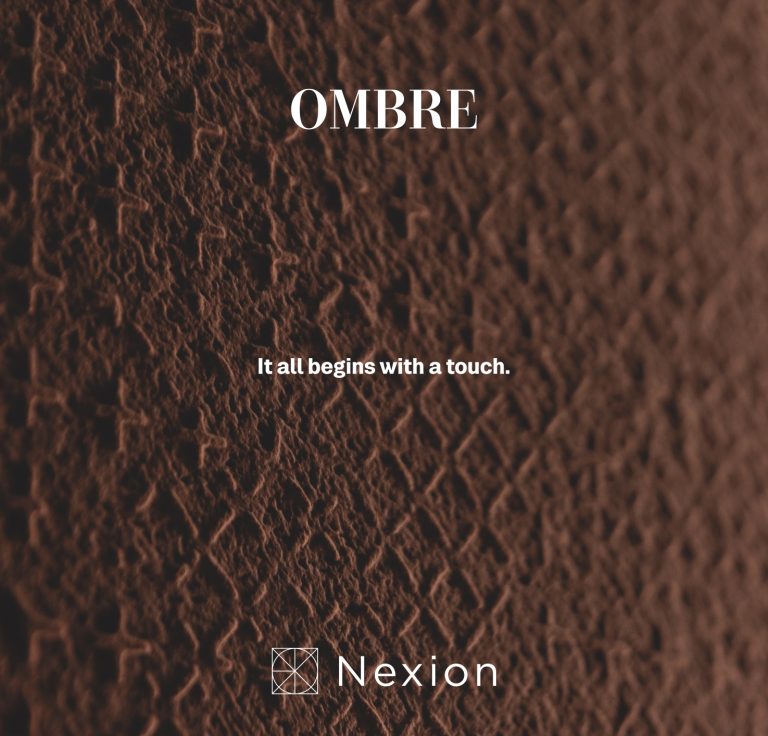A relentless search for a home and the joy of seeing his ideas and inspirations turn into real spaces made the PR honcho, Prabhat Choudhary, turn into a closet architect. One of the most influential image makers in the country, he also identifies as a keen student of design and architecture. Here is a glimpse of his 2.5-acre personal oasis Padmasana, in Chattarpur, New Delhi.
There’s something extraordinarily comforting about tucking yourself under a blanket on the bed you’ve outgrown.
The scent of nostalgia. The ache of remembrance.
Familiar laughter in unfamiliar circumstances.
The odd smile at a neighbour you once knew.
The taste of food.
The joy of blending in.
The awkwardness of sticking out.
The warmest hugs. The familiar goodbye
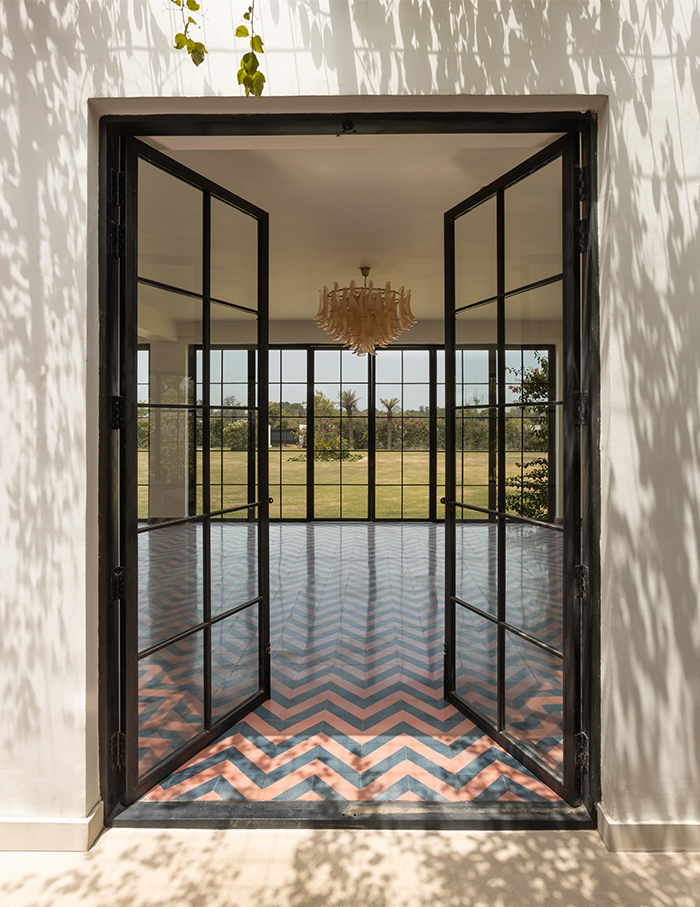
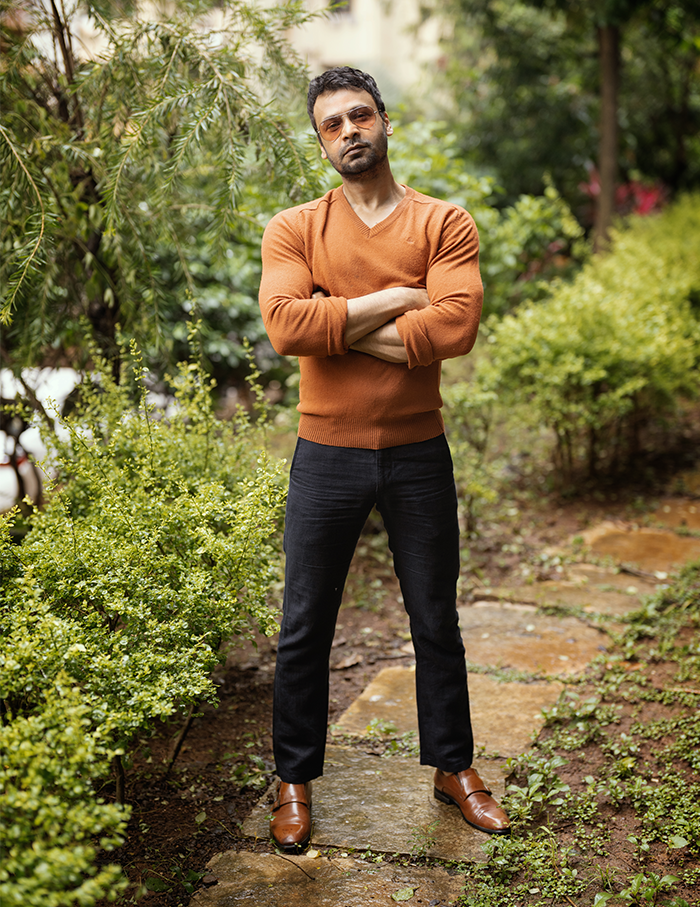
The notion of “home” undergoes a gradual transformation for many of us, encapsulating both familiarity and change. Yet, there exist individuals who embark on a lifelong quest to decipher the true essence of “home.” In the case of Prabhat Choudhary, a prominent figure in the world of Bollywood, his earliest recollections of “home” are tinged with a poignant sense of homelessness. Although he hails from a distinguished family in Bihar, both of his parents entered matrimony at a young age, while still striving to establish their financial stability.
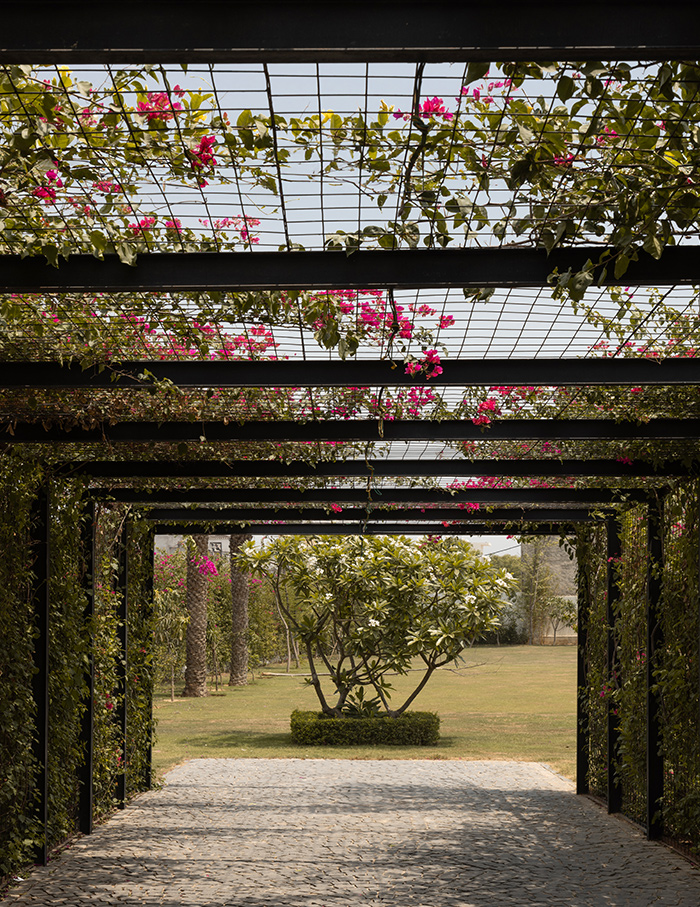
“My earliest memory of home is associated with not having a place of our own. In those times, I often stayed with my grandparents, either on my maternal or paternal side. This early pattern held significant meaning for me because, even though children are not expected to grasp many things, it left a mark,” says Choudhary.
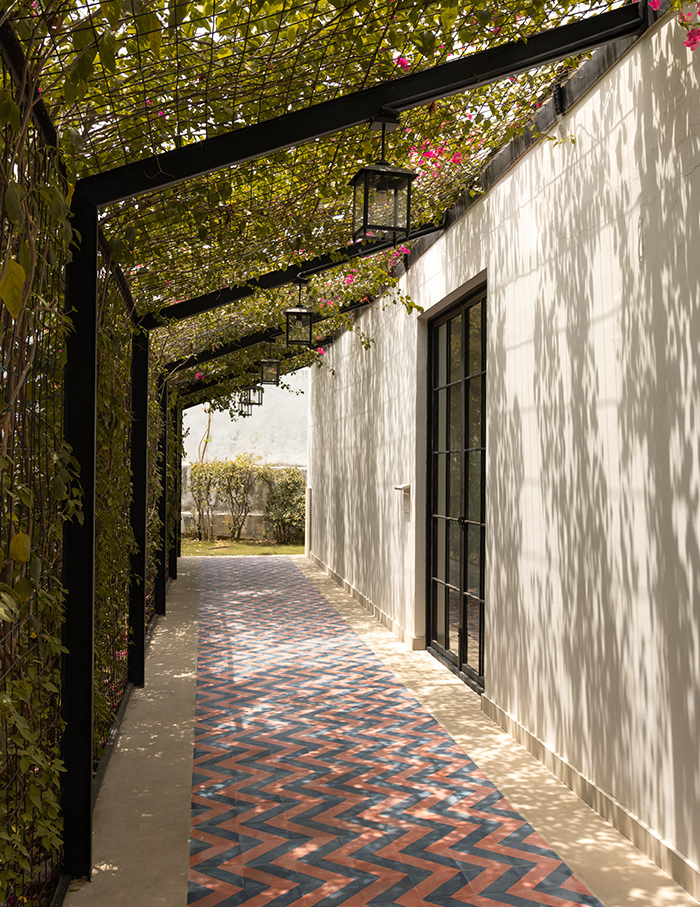
In the beginning
During his childhood, Choudhary found himself frequently moving around due to financial circumstances. “As a child, I may not have comprehended the intricacies of financial dynamics, but I was emotionally attuned to the fact that we lacked a space to truly call our own. This emotional awareness, though a child’s version of it, stayed with me,” he says.
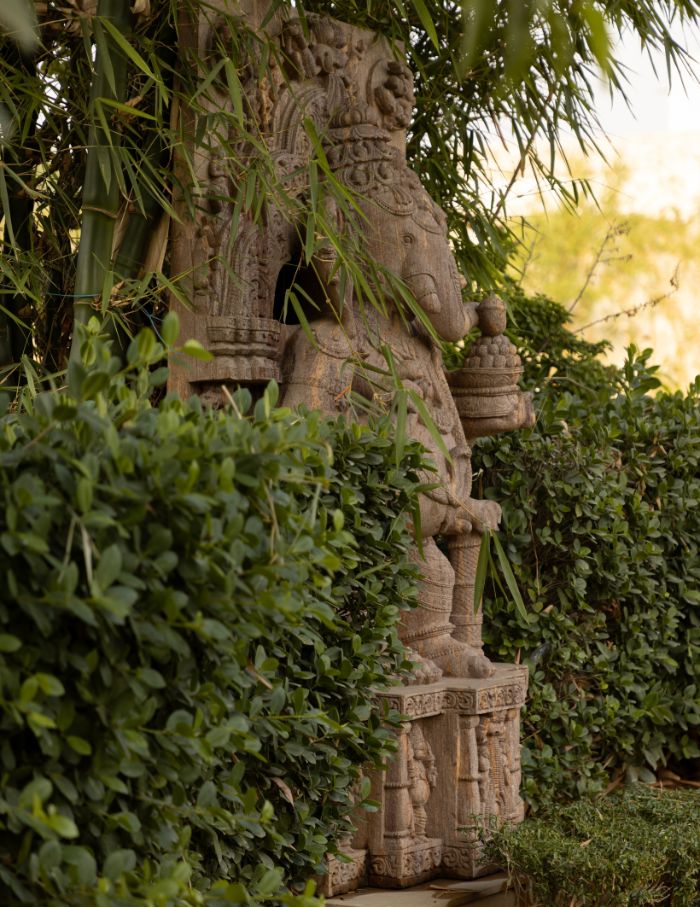
As he grew older and moved to New Delhi with his family, Choudhary began to recognise why the concept of “home” held such immense importance to him. “This need for a stable and permanent space became deeply ingrained in me, shaping my attachment to the idea of “home” as an adult,” he says.
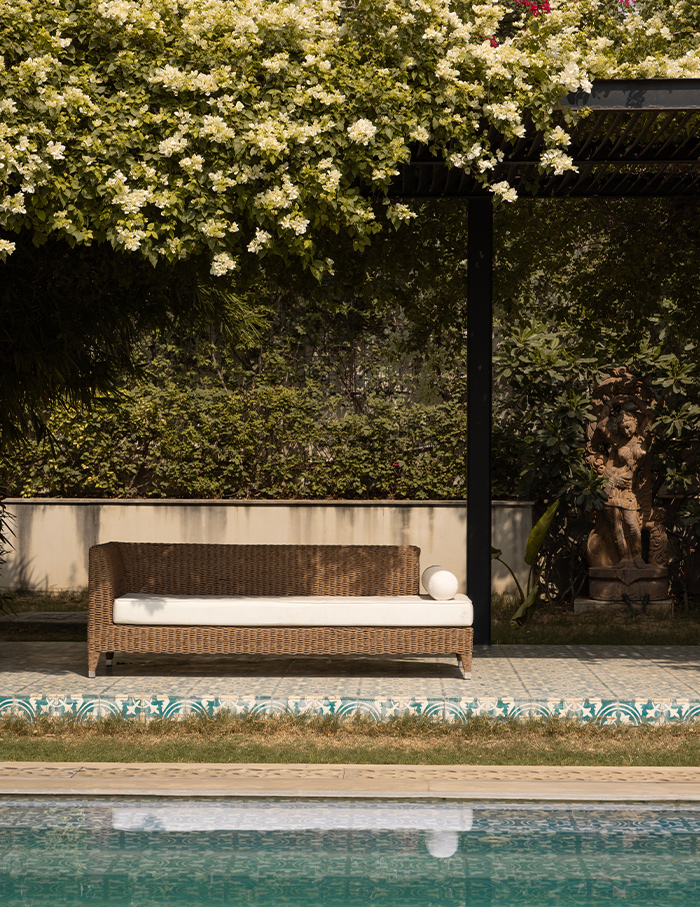
A new chapter
When he moved to Mumbai in the early aughts, Choudhary allowed his work to speak on his behalf as he went about building Spice PR, a preeminent media management company in the country. Notably, he orchestrated one of the most significant campaigns of 2015, exemplified by the memorable tagline, ‘Kattappa ne Bahubali ko kyu mara?’ This catchphrase not only contributed to the enthusiasm surrounding the movie “Baahubali,” which achieved the highest opening weekend box office earnings in India, but also kept audiences captivated until the release of the much-anticipated sequel, “Baahubali 2: The Conclusion,” two years later.
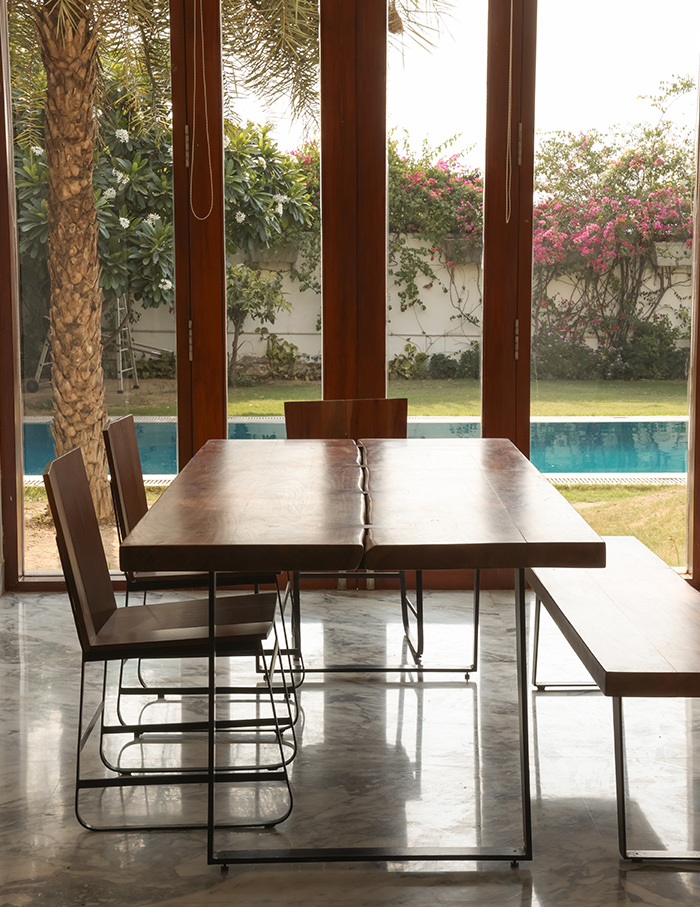
Within Spice PR’s portfolio, one finds some of India’s most prominent talents. 75 per cent of Bollywood’s biggest A-list celebrities and prominent stars pan-India like Shah Rukh Khan, Deepika Padukone, Sanjay Leela Bhansali, Aamir Khan, Kartik Aaryan, Ranveer Singh, Kriti Sanon, Nikhil Kamath, Vikrant Massey, Allu Arjun, Prabhas, Janhvi Kapoor, Rashmika Mandanna and Sara Ali Khan are their clients.
In Mumbai, it became apparent to Choudhary that spaces held a significant meaning, though this understanding was not something he consciously sought.
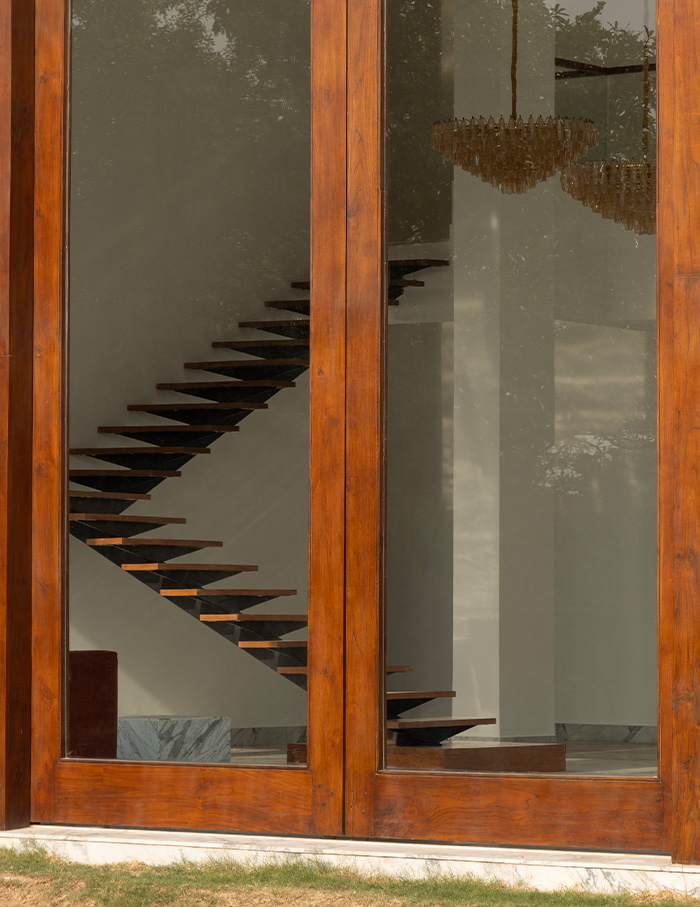
The discovery
But it was in 2010 that he delved into the making of a home—his home. Choudhary decided to purchase a property in Pali Hill, a substantial investment for him at the time. “This acquisition meant a lot to me, and I became deeply involved in the process, especially with the interior design aspect. But, I encountered some challenges along the way. The interior designer I had engaged with was not as attentive as I had hoped, and eventually, she disappeared without responding to my calls or those of others who reached out on my behalf,” he says.

This experience led Choudhary to the realisation that finding a proficient and reliable creative professional in the field of interior design can be quite elusive, and it often requires an element of luck. “It’s not something one can take for granted, assuming that merely wanting something will ensure its realisation. I decided to take matters into my own hands. I began to immerse myself in reading and learning about spaces, architecture, and materials. What had initially started as a necessity gradually transformed into a source of enjoyment, particularly the reading and exploration of spaces and their design,” he says.
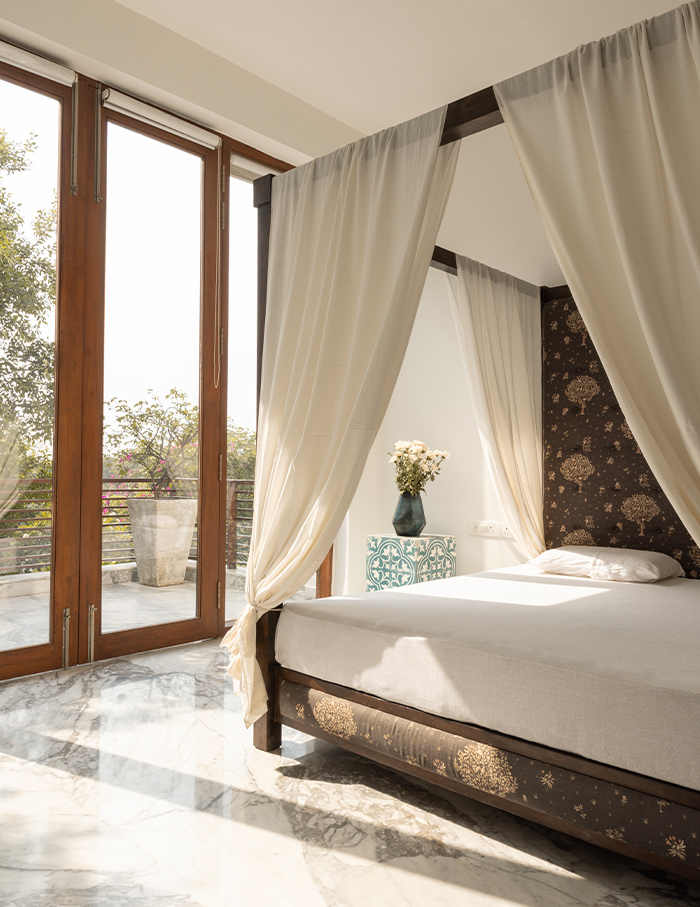
Even after completing the Pali Hill home, which is a two-bedroom house, Choudhary found himself continuing to delve into this realm. He acquired the neighbouring property and expanded his house, which marked the beginning of his enduring interest in this field. “It was not merely accidental; something genuinely organic developed within me, seemingly out of nowhere. I transformed into an avid consumer of literature on this subject, deliberately seeking out knowledge,” he says, adding, “I am particularly enamoured with the historical aspect of architecture and its fundamental purpose. Architecture isn’t just a discipline; it fulfils a fundamental human need. As someone once aptly put it, ‘First, you make a house, and then the house makes you.’”

This notion profoundly resonates with him. The spaces we create, Choudhary believes, initially are, in turn, instrumental in shaping us. “It dictates how we sit, interact, and engage in conversations like the one we are having now. The ambience, tone, and personality of these interactions are a product of the space, the lighting, the interior, and the exterior. It’s intriguing how these elements influence the creation of moments, and it is these moments that ultimately define our lives.”
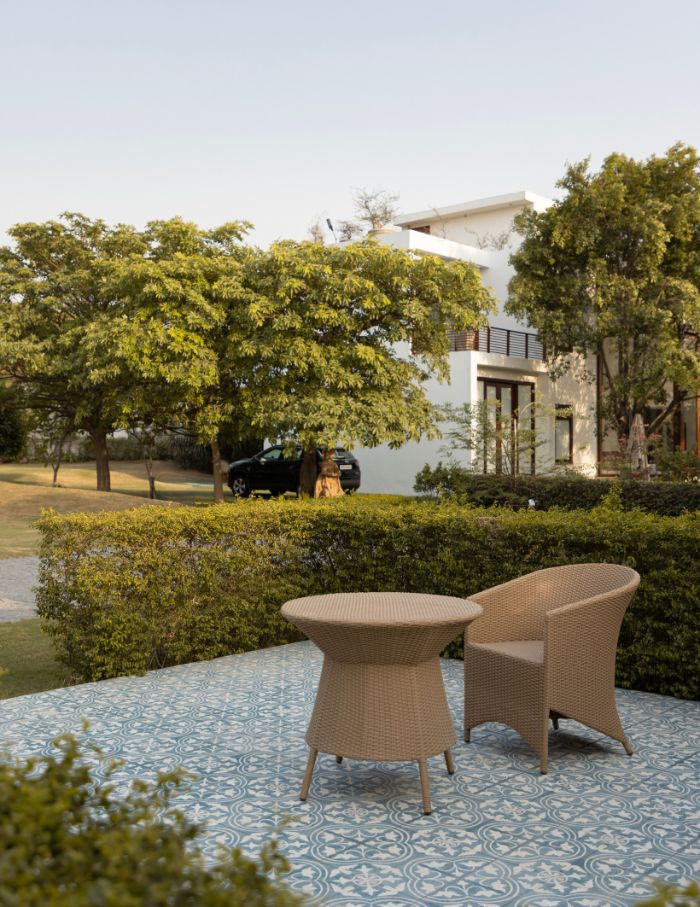
Personal oasis
It was this new-found interest in architecture and the understanding of the near-impossibility of affording a garden in Mumbai that propelled Choudhary to acquire a 2.5-acre plot of land near New Delhi’s Chhatarpur in 2017. “This land was initially barren, and I embarked on the journey of creating a space of my own. From the outset, my vision for this space was to emphasise the intricate interplay between the house and the garden, where the garden becomes an integral part of the house itself,” he says of his personal oasis, which he has named Padmasana.
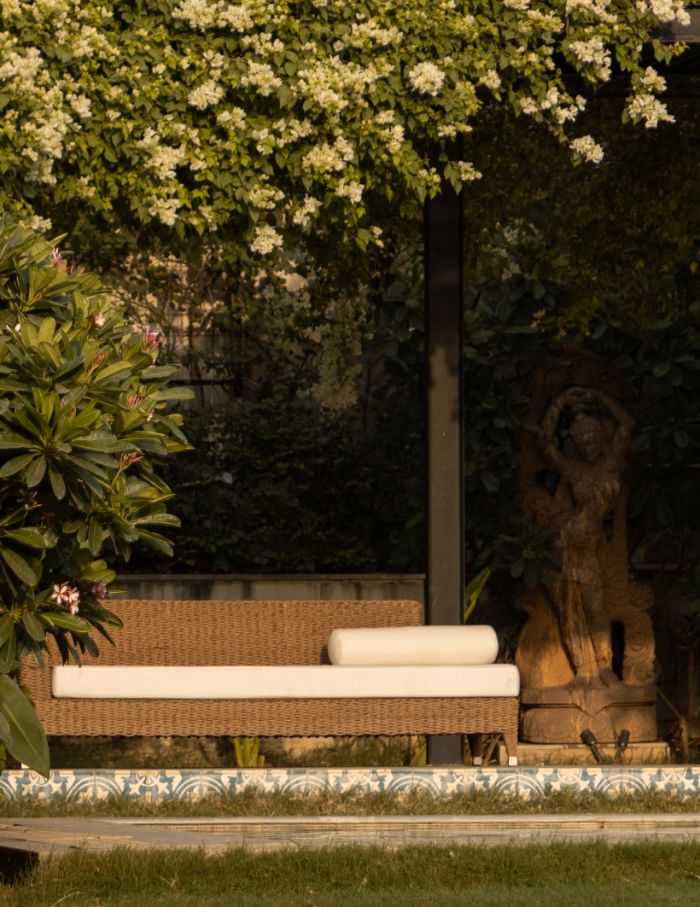
In pursuit of this vision, Choudhary delved into the works of the late Sri Lankan Architect Geoffrey Bawa, the father of Tropical Modernism. “It wasn’t a matter of being impressed; rather, I was deeply moved by the concepts I encountered through a study of his design language. I began the process of creation, fully aware that it would always be a work in progress–a constant state of development and evolution,” he says.
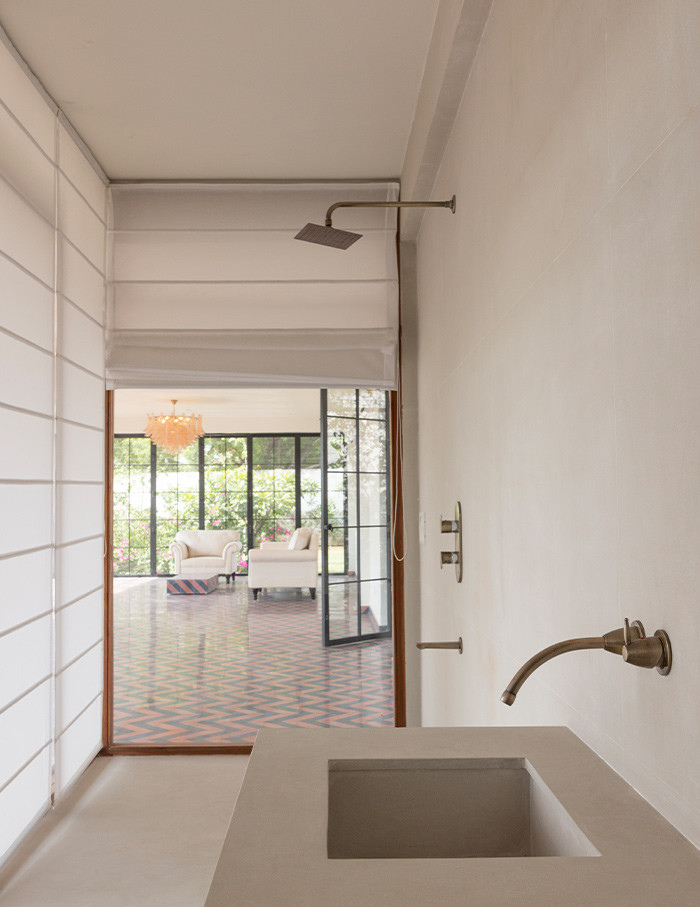
Much like how Bawa crafted the design of Number 11 house (his inner sanctum) as a sequence of revelations, starting from the entrance, leading through the sitting area, and culminating in the bedroom, Choudhary transformed this space with additions and subtractions. These transformations as we mature, he says, are akin to the way a relationship evolves between couples. “As one grows, both the space and the individual influence each other, and the dynamics naturally shift. In a house, each element, from its overall structure and elevation to its entrance and various rooms, plays a unique role in this evolving relationship,” he says.
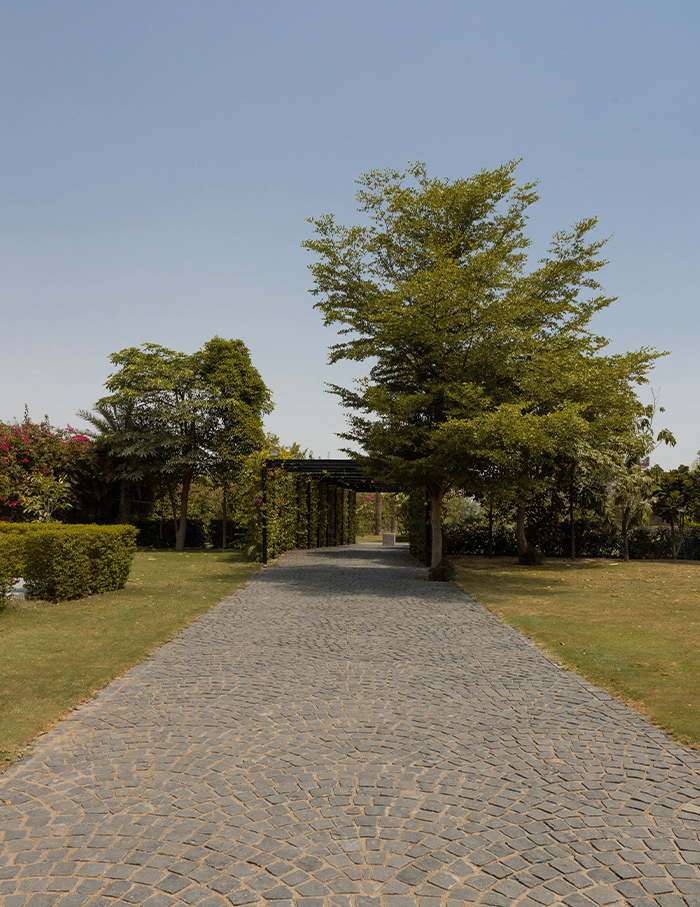
Choudhary makes it a point to visit Padmasana once a month, to unwind and break free from the routine of everyday life. “Professionally, I primarily deal with intangibles, particularly in the realm of brand creation, where ideas take centre stage. However, I realised that I also needed a tangible and concrete outlet, something genuinely real. This realisation led me to appreciate the term “real estate.” When I work on these physical spaces, I derive immense satisfaction, knowing that what I create is not merely an idea but something tangible that can be seen and touched, and that will endure,” he says.

Choudhary reveals that his pursuit of the concept of “home” remains ongoing. He shares, “Lately, I’ve been passionately involved in a spree of creating new homes. I recently constructed a space in Alibaug and am currently in the process of transforming a 125-year-old villa in Goa.” He further expresses, “Perhaps, these spaces will serve as mirrors of various chapters of my life. It’s comforting to contemplate that they will encapsulate different versions of myself,” he concludes.
Now read: 5 Questions with Christoph Brach on Tesammans: the Raw Colors collaboration with IKEA


